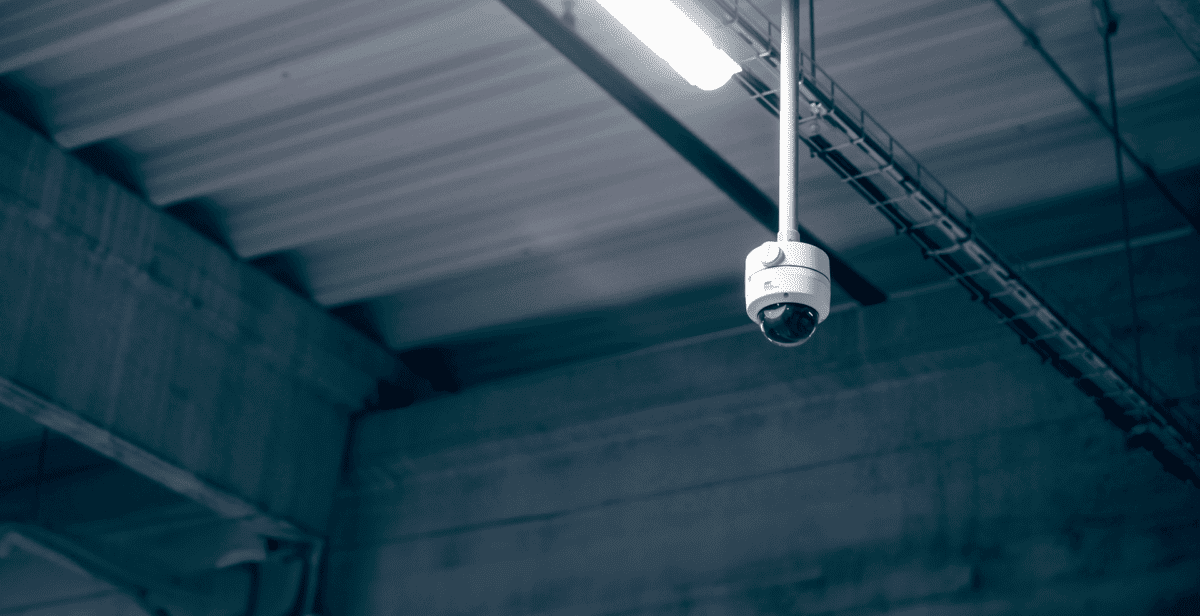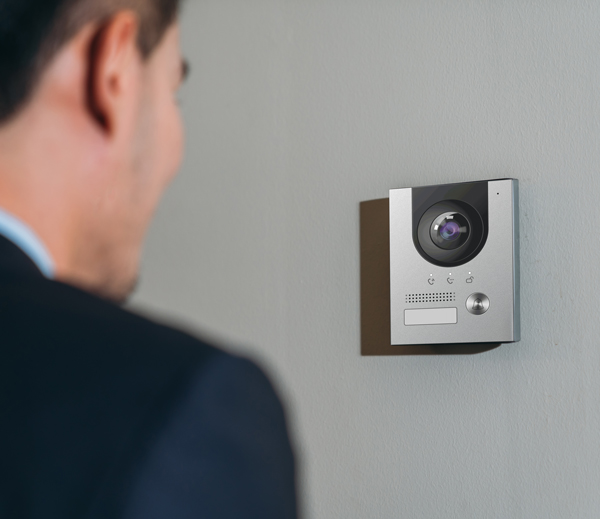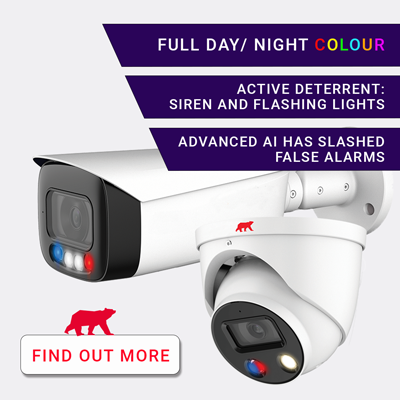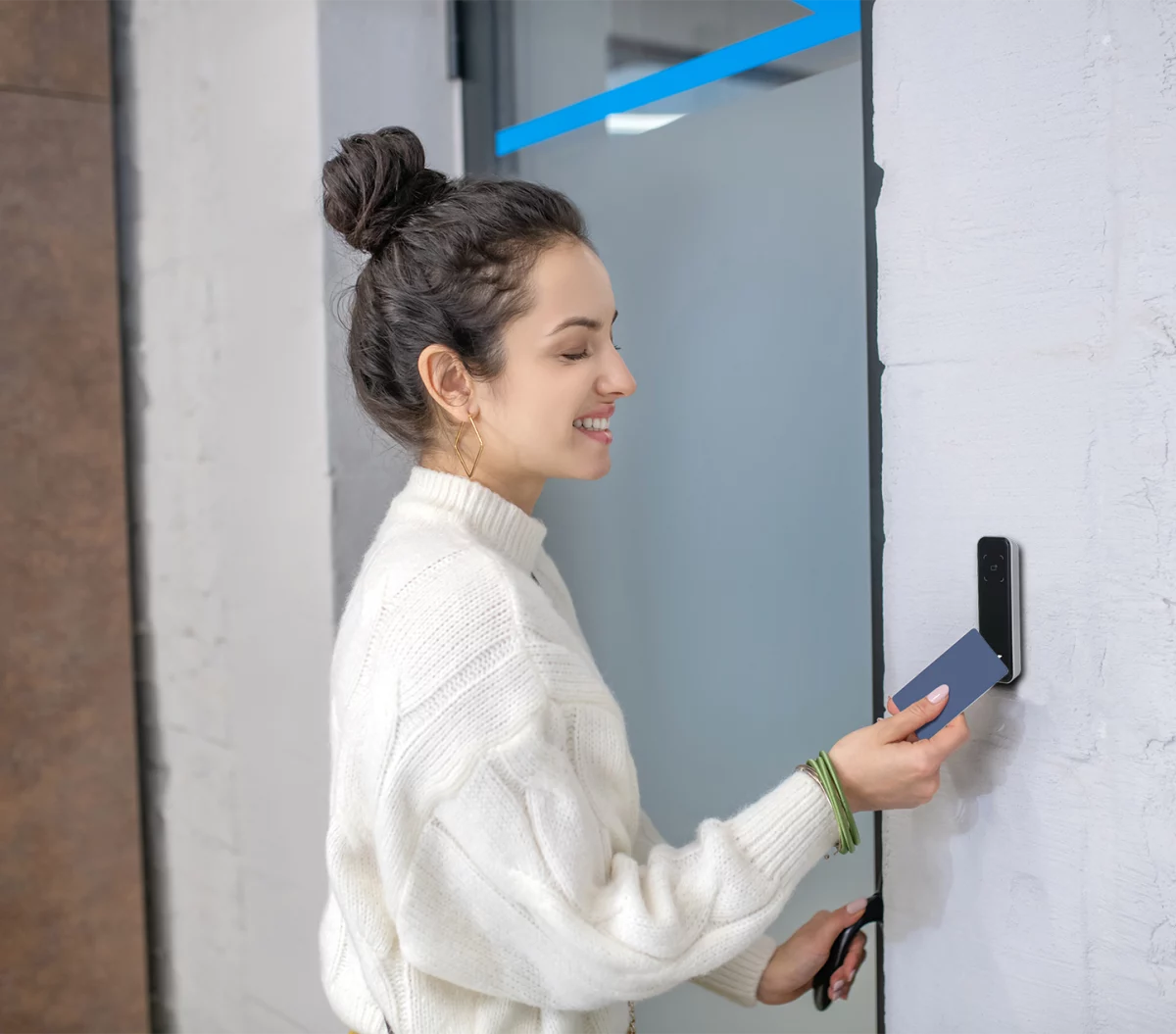
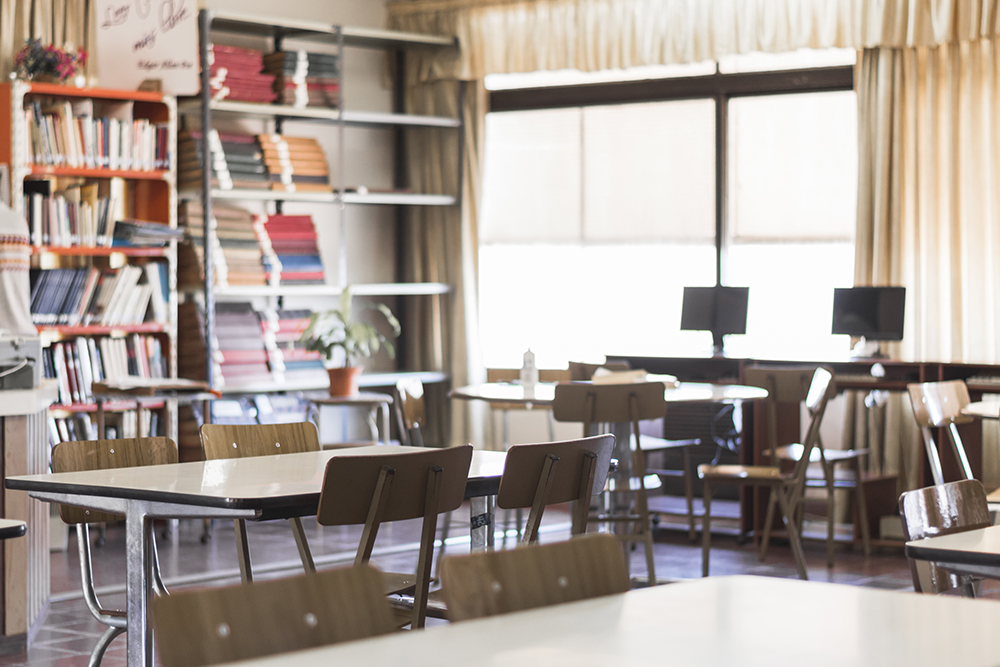
Blog
How CCTV can change schools for the better
Almas Team

An article in the Guardian newspaper in April 2019 highlighted just how bad the situation appears to be, with NASUWT reporting that 24% of 5000 teachers were at the end of physical attacks each week. Nearly 9 in 10 teachers said they had received some sort of verbal or physical abuse from pupils in the past year. 86% said they had been sworn at and 46% said they had been verbally threatened.
Over the past decade, the UK security sector has witnessed a dramatic increase in the number of CCTV solutions that are being operated in an intelligent, proactive, way so that suspicious activity can be identified and tackled as it happens. There has also been more attention given to the carefully controlled application of CCTV within schools.
While CCTV continues to attract opposition from those who feel that personal rights are being abused, surveillance is often welcomed by students and teachers. On a day-to-day basis, CCTV can be used to tackle all kinds of issues such as timekeeping, bullying, violence towards teachers, smoking, drug abuse, theft, accidents, unwanted intruders and fires. Video evidence provides an unbiased, impartial viewpoint from which disputes can be settled easily and quickly.
One in four teachers face violence every day
Results from HSE studies show that teaching and education professionals have a higher than average rate of violence at work. In recent years violent crimes, such as knife crimes, have been on the increase. An article in the Guardian newspaper in April 2019 highlighted just how bad the situation appears to be, with NASUWT reporting that 24% of 5000 teachers were at the end of physical attacks each week. Nearly 9 in 10 teachers said they had received some sort of verbal or physical abuse from pupils in the past year. 86% said they had been sworn at and 46% said they had been verbally threatened.
The feedback reported by NASUWT came during a public debate over the use of exclusions and school discipline policies which included removing disruptive pupils from classes. Interestingly, no mention was made of the benefits of using CCTV systems to help prevent violence, provide an early warning of an incident or an unbiased record should the worst occur.
Newport City Council was the first authority to introduce IP CCTV systems into schools, funded by a £500,000 grant from the Home Office. Phil Cox, principal consultant at Newport City Council, said that the existence of the National Grid for Learning has lent itself to easy and low-cost implementation: “We wanted to use an infrastructure that was already in place, as building a new one is where most of the costs are. Because the grid connects all the schools, we did not have to re-invent the infrastructure.”
Privacy and GDPR
Privacy issues form the major part of anti‑CCTV campaigners’ rhetoric – it is often suggested that footage may be distributed without the permission of those filmed. Since the adoption of GDPR it has become mandatory to conduct a Privacy Assessment before installing a CCTV system. Failure to do so risks a massive fine. While there may be circumstances where CCTV footage needs to be shown to others, e.g. the Police, strict regulations cover the ways in which this can be done, and who has a right to see footage. In such cases, which are often of a serious nature, the benefits and objectivity of CCTV are unrivalled.
Another criticism of CCTV has been the cost of installation, maintenance and monitoring. However, CCTV can present a valuable opportunity for savings. Video surveillance can effectively reduce unwanted costs by alerting staff that an incident is happening, decreasing response times and reducing the damage to buildings from a wide array of threats.
She says, he says
There have been several high-profile cases where a teacher’s career has been ruined by claims which then turned out to be false. Where CCTV is present, there is a greater potential to be able to get to the truth and throw out false claims before they damage the reputation of the teacher and school. In the case of a legitimate claim, CCTV evidence is crucial as further action may be required.
The impact of CCTV cameras alone has proven to be an effective means of decreasing vandalism in schools. In the United States, Pinellas County (Florida) school district found as far back as the late 1990s that the presence of surveillance cameras was a sufficient deterrent to considerably reduce most of the violence and defacement that had overwhelmed district schools in the past.
A valuable tool
Classroom CCTV can also provide a valuable means to assist with teacher training, enabling specific lessons to be reviewed without the distraction of an assessor in the room. A great deal of valuable feedback can be gained which can then help the teacher to improve their teaching skills.
An interesting study undertaken in 2011 (“Awareness, understanding and experiences of CCTV amongst teachers and pupils in three schools”) found that intense technological surveillance is normalised through habituation. That is the process through which people adapt to changes in their environment. In the case of schools, while teachers and students initially had concerns about CCTV during installation and immediately afterwards, soon after this dissipated as the cameras became part of everyday life.
Improve your security
Many education establishments are actively improving their security systems to face-up to the challenges of running a school in the 21st century. CCTV can be used to protect perimeters, monitor movement in and out, and monitor what goes on within the school. It can also provide a means to learn from situations and train staff.
Choosing a reputable supplier is essential if you want to have effective security solutions. Choosing a supplier based on cost alone is often a poor way to ensure that you get the right system for your needs. At Almas, we take your needs into account and offer a free, no-obligation security audit. We can also work with you to ensure that if you choose to install a CCTV system, you won’t fall foul of GDPR regulations.
Contact the team today to discuss biometric access control, biometric readers, or facial scanners for your business. You can call us on 0333 567 6677 (UK) or 01 68 333 68 (Ireland), or drop us a confidential email to [email protected].

